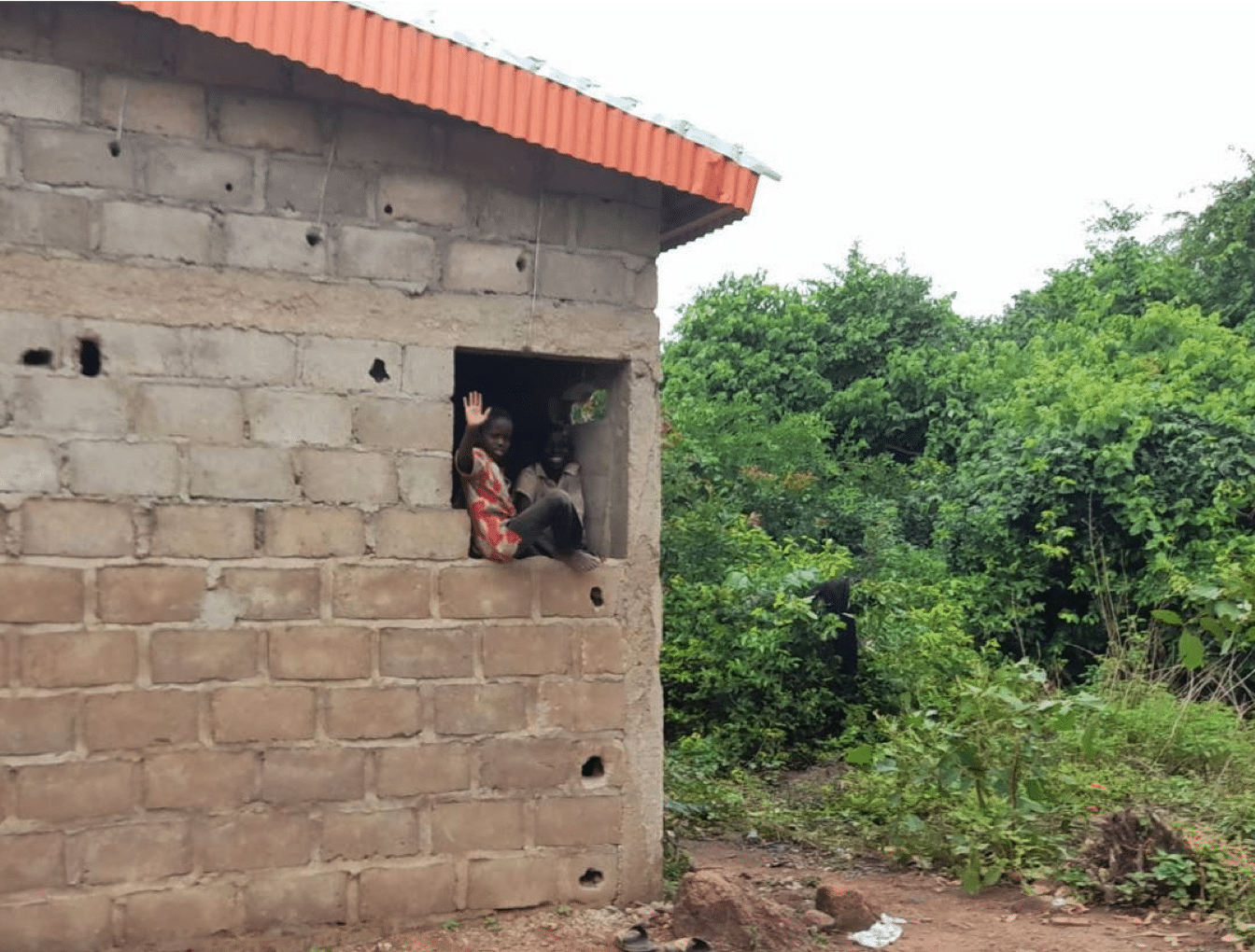

Analysis of the Dynamics Around the Influx of Displaced Persons
Since the beginning of 2022, northern Côte d'Ivoire has seen a massive influx of people fleeing clashes between jihadist and self-defense groups in Burkina Faso
A Project of —
Bounkani, Tchologo, 2023, Identity (gender; religion; ethnicity), Migration, Security governance
Departments of Bouna, Doropo, Téhini (Bounkani) and Kong (Tchologo)
Since the beginning of 2022, northern Côte d’Ivoire has seen a massive influx of people fleeing clashes between jihadist and self-defense groups in Burkina Faso. The arrival of these populations, often with their herds of animals, in the Bounkani and Tchologo regions is generating new dynamics and posing major challenges. This study, carried out in May and June 2023, highlights these dynamics to provide a better understanding of their impact. It shows that these arrivals may overwhelm health and sanitation capacities and add pressure on natural resources and basic socio-economic infrastructures. They also pose challenges in terms of existing economic opportunities and, more generally, cohabitation. There are also risks of the development of social phenomena affecting children and women.
Host localities face major challenges in terms of availability and long-term access to socio-economic infrastructures, such as health centers, housing, potable water and food resources, livestock management, and the management of potential security risks. This crisis is taking place in a context where violent conflicts over land use and occupation have escalated over the last decade. These conflicts have already affected both inter- and intra-community cohabitation and social cohesion. Managing these challenges has also created resentment towards the government and its representatives. Faced with the various challenges, both host and displaced communities have developed responses to reduce risk. The displaced have developed migration routes and strategies that consider cultural proximity, economic opportunities, security risks, host communities’ acceptance of foreigners, and dispersion to multiple villages and camps to avoid exerting strong pressure on already limited and disputed resources. This strategy has led a significant number of asylum seekers to head for localities far from the borders. Host communities do their best to assist those they consider to be relatives, while noting that their presence will pose enormous challenges to cohabitation in the short, medium, and long term if anticipatory measures are not developed and supported. In response to these perceived risks, this study offers a detailed analysis and a set of recommendations to the National Security Council (CNS) and to the Resilience for Peace (R4P) project.
Read the full report.
Read the presentation of results (in French)